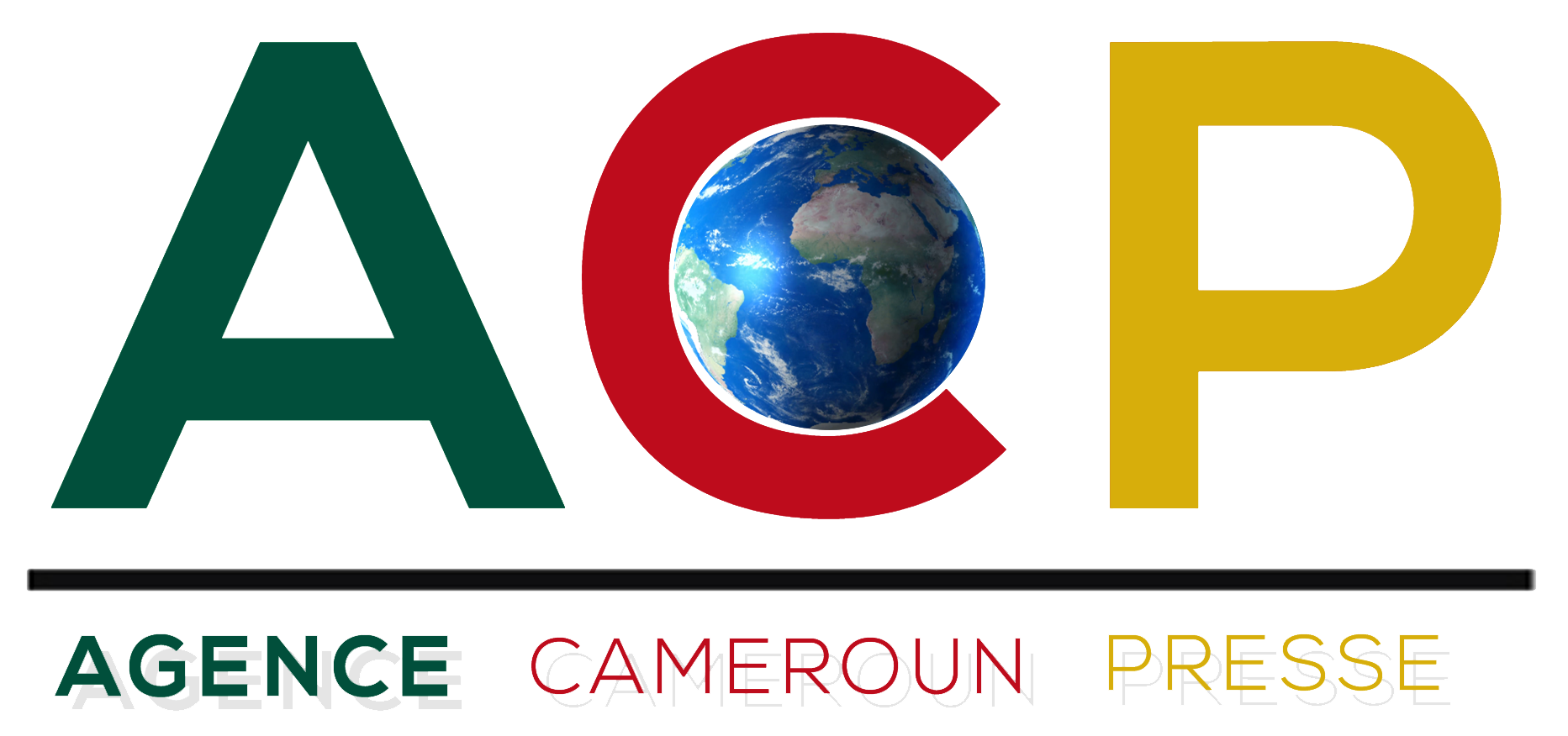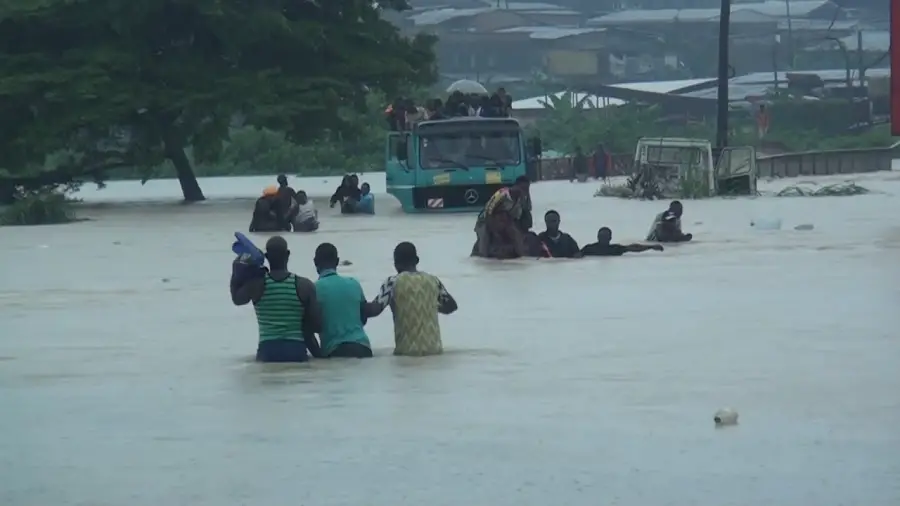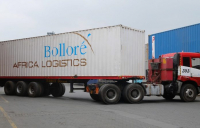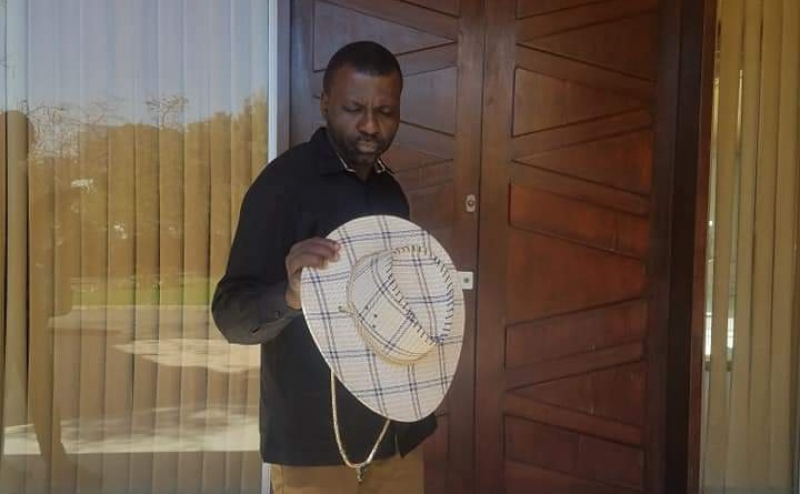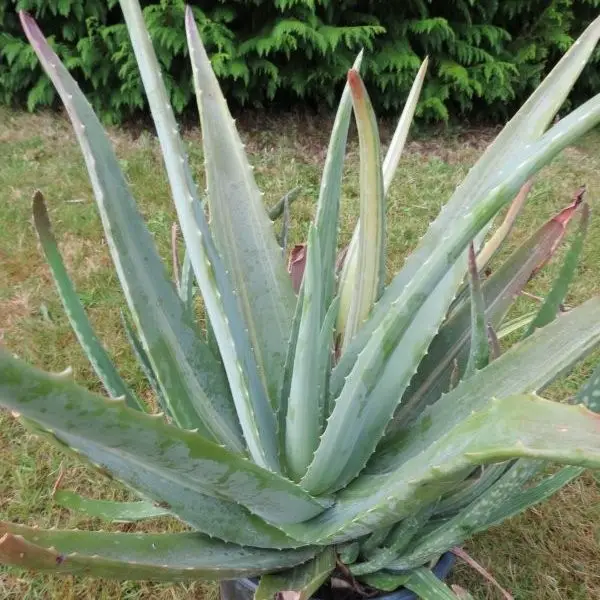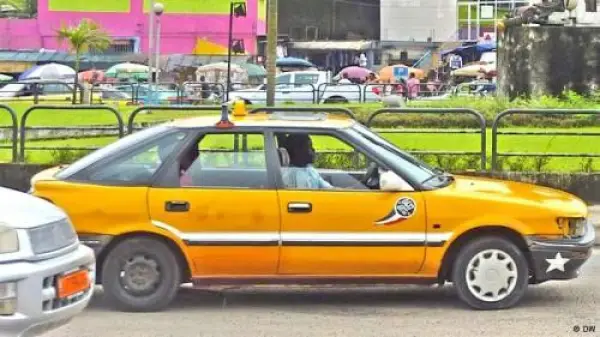Thousands of homes in Cameroon’s economic capital, Douala flooded Wednesday September 1 after torrential rains that left several neighbourhoods in water hit the town the whole day.
Every year in mid-August, inhabitants of Cameroon’s economic capital Douala wake up to disturbing floods following heavy rains. Household appliances out of order, furniture soaked into water, circulation perturbed to name but these are some of the realities those in the affected neighbourhoods live with.
A similar incident happened Wednesday September 1. A flood too many according to 30-year-old Daniella (not her real name), an inhabitant of the Grand Hangar neighbourhood in Bonaberi, located on the western side of the harbour across the Wouri River from the larger port of Douala.
“I am tired of this whole situation. I got to this neighbourhood two years ago and each year in August, we always suffer from flooding. Take for example it rained the whole day here and when I got home, water had engulfed all my belongings. It wasn’t a surprise to me but it hurts though to be in this situation…” Daniella told Agence Cameroun Presse.
The Grand Hangar neighbourhood in Bonaberi is one of the areas that remained knee-deep flooded yesterday, after several hours of downpour in Douala.
Another inhabitant in this neighbourhood who witnessed the flooding from home confided in Agence Cameroun Presse. "We were lucky enough to be home when it all started. As soon as the thunder rumbled, my children and I quickly raised the beds and other household furniture that could get bad. After that, we left the house with some items we could carry along before the water could rise. This is what we have been doing most of the time…Emelda Tabi, 35-year-old told Agence Cameroun Presse. “Though we have been into this, I must say the strength to do this all the time is gradually failing me.” She added.
When asked why the family persist in living in an area that is always flooded after heavy rains, the 35-year-old mentioned lack of space and insufficient means to pay and live in a decent neighbourhood.
Each year, over 100,000 new city dwellers move into the megalopolis and the gap between supply and demand for available land keeps growing.
In the meantime, Douala is prone to flooding with nearly 250 km of rivers and heavy rainfall averaging 4,000 mm per year. It is located at the mouth of the Wouri River, on a low coastal plateau, bordering the Atlantic Ocean and influenced by the tides.
Last year in August, inhabitants of the economic capital witnessed one of the most devastating floods the city has seen in recent years. It left the ground floors of hundreds of homes under water, and cut off main roads, causing massive traffic jams as the downpour overwhelmed the drainage system.
According to the Intergovernmental Panel on Climate Change, (IPCC), floods will displace an average of 2.7 million people in Africa and flood-related costs could increase tenfold by 2050, to $60 billion a year, in the 136 largest coastal cities.
Ariane Foguem
